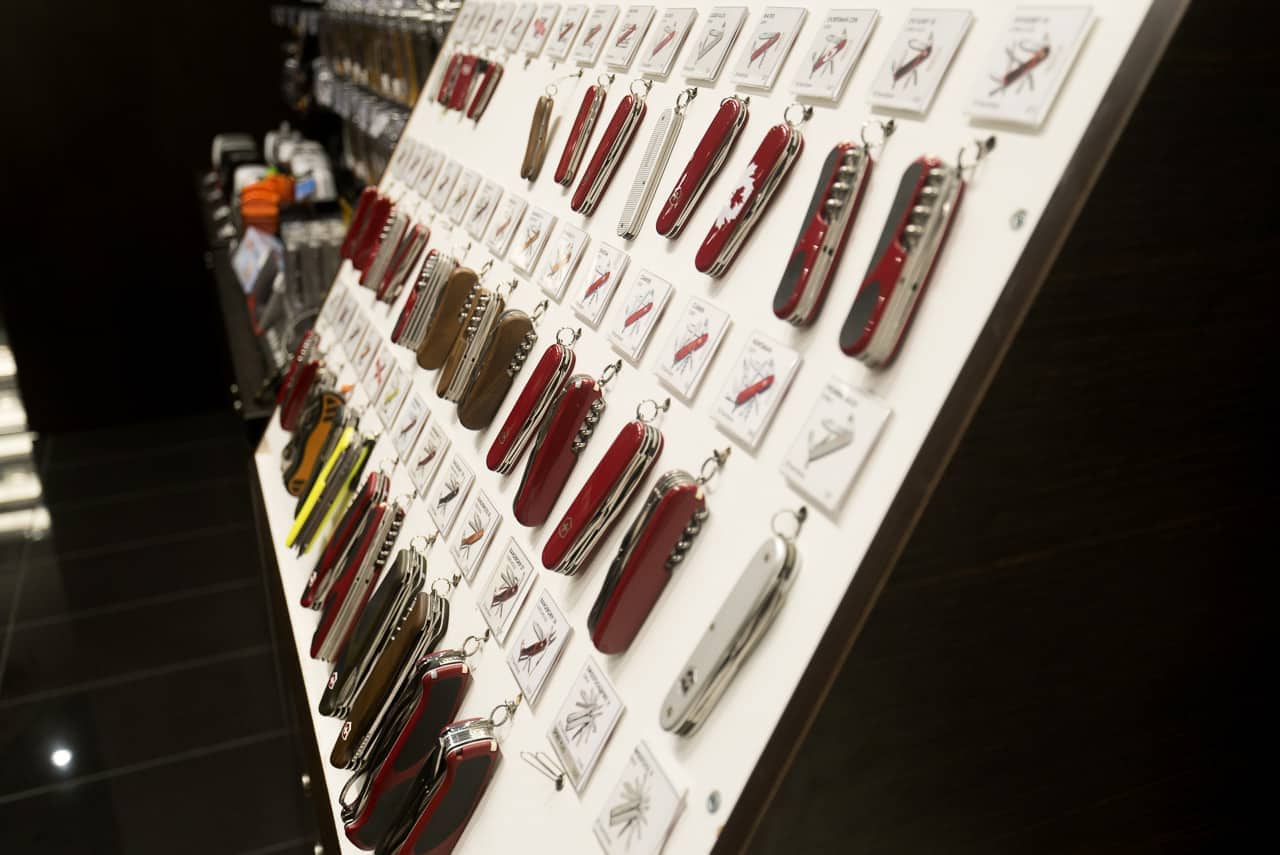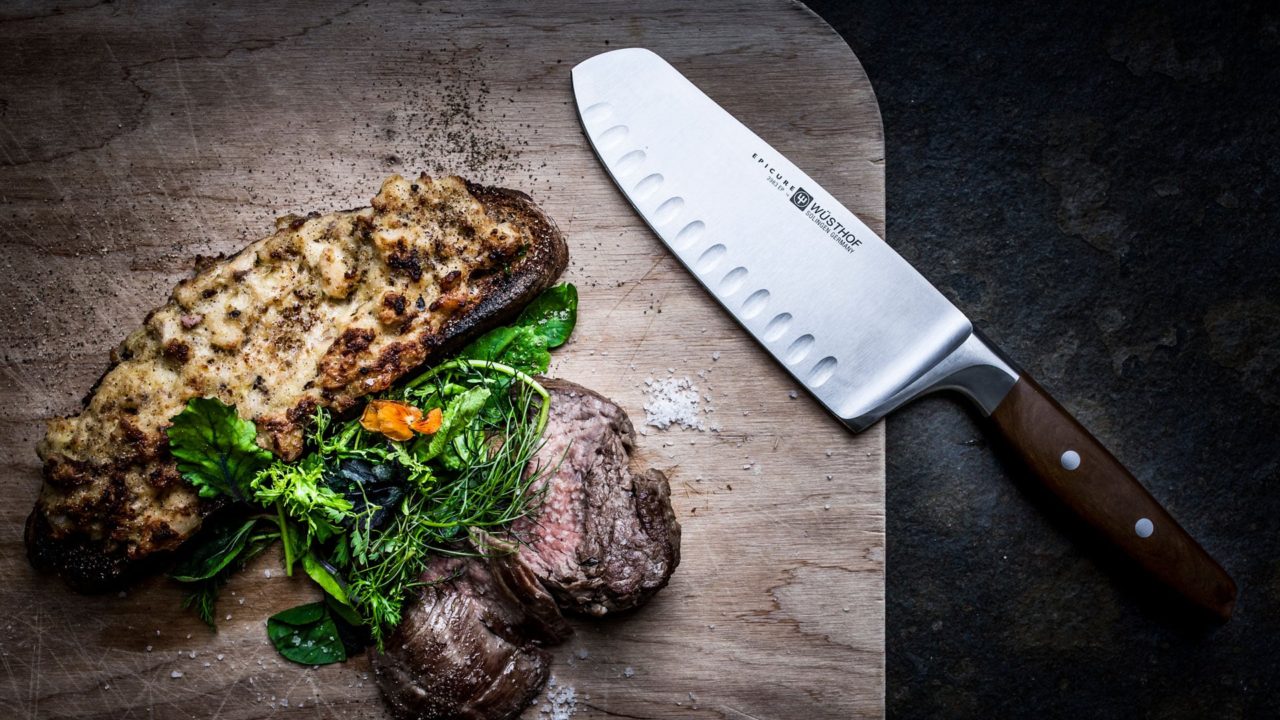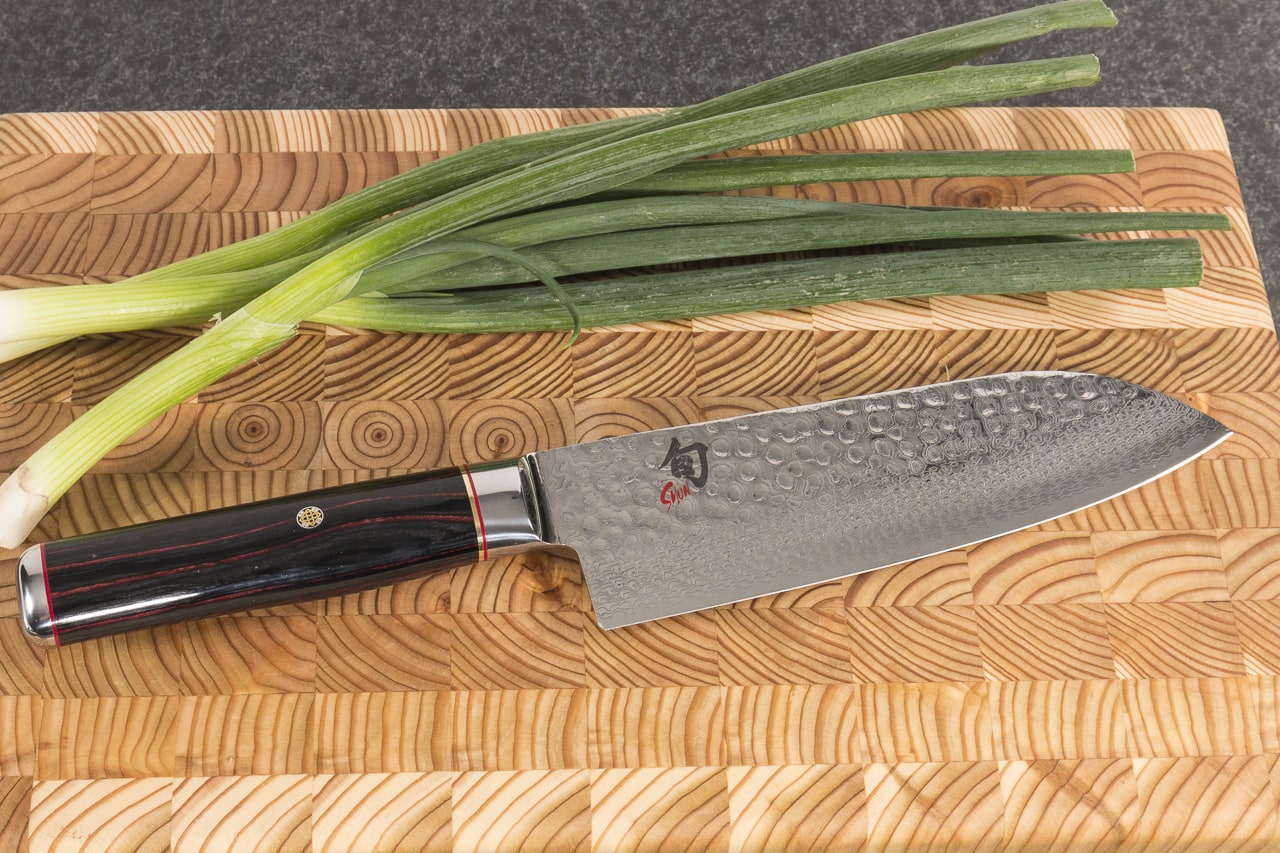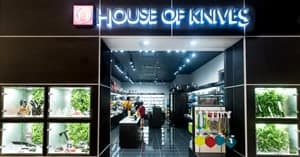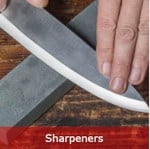Why Victorinox Swiss Army Knives and Cutlery Will Always be 100% Swiss Made
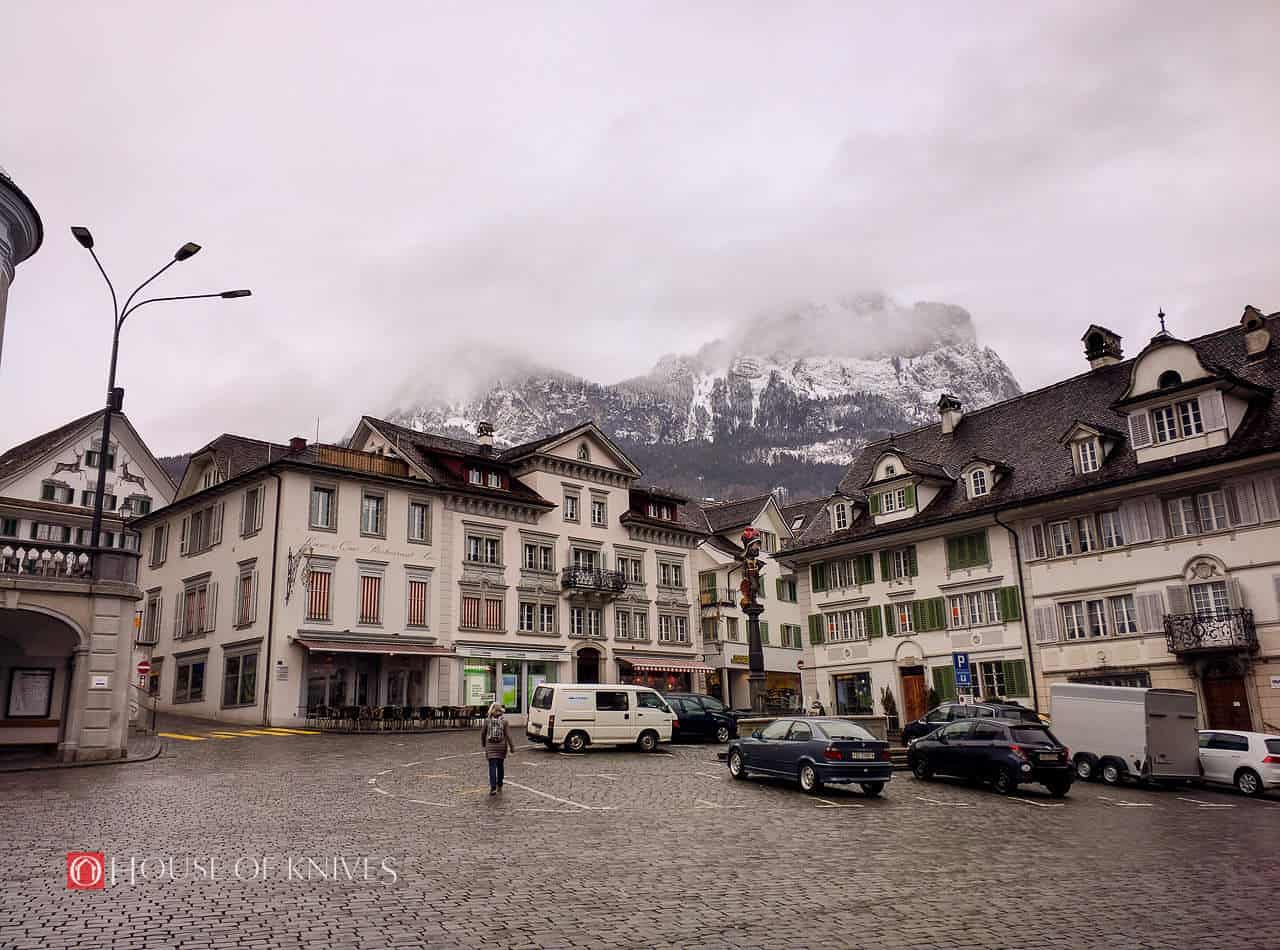
Somewhere in Switzerland, nestled at the base of snow capped peaks amidst green meadows, is a small village you’ve probably never heard of called Ibach, in the municipality of Schwyz. A place that I’ve only heard of, but could never really envision, until I arrived with the House of Knives Team in February of 2016.
In a landscape that resembles something from the “Sound of Music” lies one of the Victorinox factories responsible for turning out a portion of the world supply of Swiss Army Knives and kitchen cutlery. A task shared by its sister factory in Delémont, Switzerland. And everything in this factory, from the plastic toothpicks, to even the machines themselves, that carefully insert them into the Swiss Army Knives themselves, is made in Switzerland.
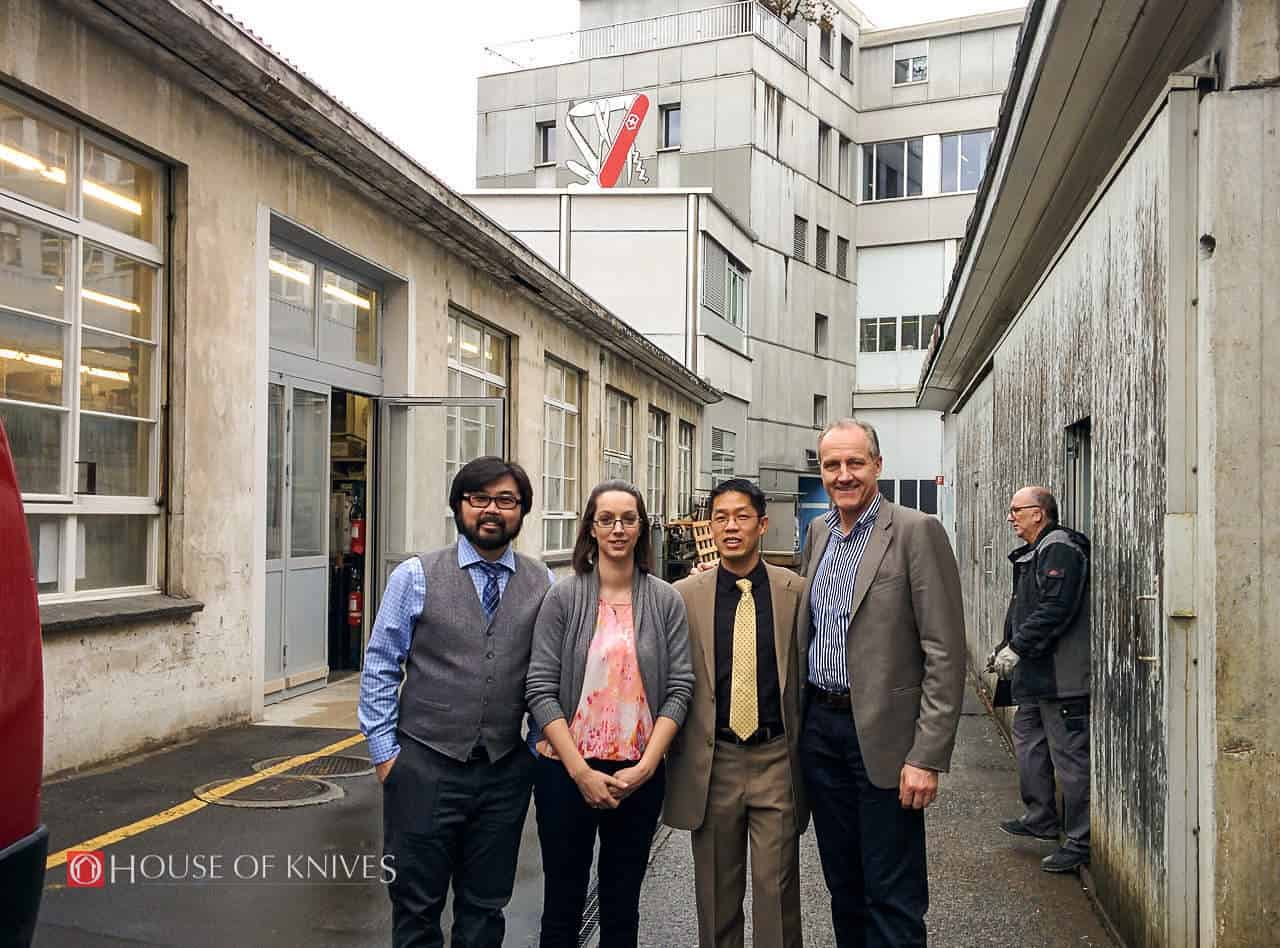
Founded by Karl Elsner in 1884, the company continues to be family owned and operated. The family is heavily invested in Switzerland and it is a company directive to make everything possible within the country’s borders. It is also a company directive to “maintain and create jobs” which, despite the heavy automation of the factory, continues to be a viable in this age of automation. In fact, one of the things we learned inside the factory was that even the insertion of the toothpick and tweezers, and the installation of the keyring, is done completely by machines, made inside their factory. It’s amazing that they still need humans at all.
One interesting thing about the company is the fact that the company is held inside a foundation (Victorinox Foundation) that owns 90% of all the shares in Victorinox AG. The remaining 10% is held by a non-profit which is owned by the family called the Carl and Elise Elsener-Gut Foundation. This protects the company from any outside interference or hostility, effectively creating a “lockdown” company. Coincidentally, Switzerland is also a “lockdown” country, where in the event of an invasion, the country can deploy artillery from farms, blow up bridges, and use its mazes of underground tunnels of rapid troop deployment. Looks like no one is coming to takeover Victorinox AG any time soon!
The factory, which employs over 900+ people in this small village of only 10,000, is a primary centre of not only employment, but also heating for the town which is a by-product of manufacturing. In fact, nothing goes to waste in this factory. Not even the metal filings are wasted, which are swept up, vacuumed up, and then reclaimed in a special facility, that also purifies the output that goes back into the ecosystem.
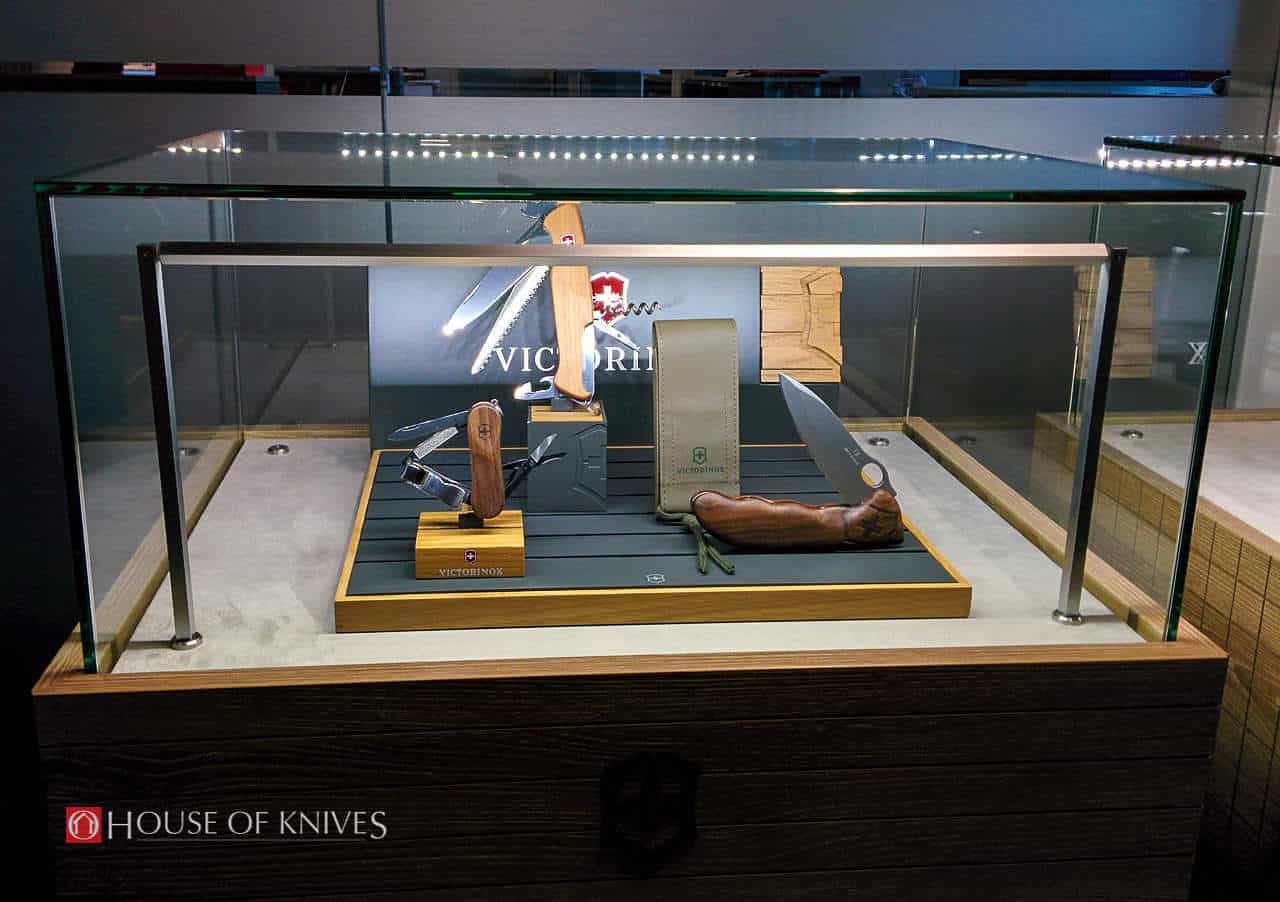
While the iconic Swiss Army Knife continues to be the company’s staple good, the they have branched into other areas of expertise in which to maintain its job creation goals and growth objectives. In an interview with Rene Stutz, the CEO of North American operations, he reveals many of the things that Victorinox has built businesses around, in order to continue its growth and not stagnate.
It’s hard to fathom Victorinox cologne or clothing gaining a foothold in a conservative North American market. But Europe does lead the charge in trends. These more diversified offerings that hold true to its brand, are interesting additions to its business model. One that seems to be working for the Elsner Family and Victorinox AG. The family roots, the never give up attitude, the respect for the environment, and the ability to make things work are some of the reasons why Victorinox and House of Knives continue to be partners, and will continue for the foreseeable future.
House of Knives is your source of Victorinox Swiss Army Knives and Victorinox Kitchen Knives in Canada and who knows, maybe cologne too someday.
What do you think about the company that makes the little red Swiss Army Knife now? Leave your comments in the discussion area below.

